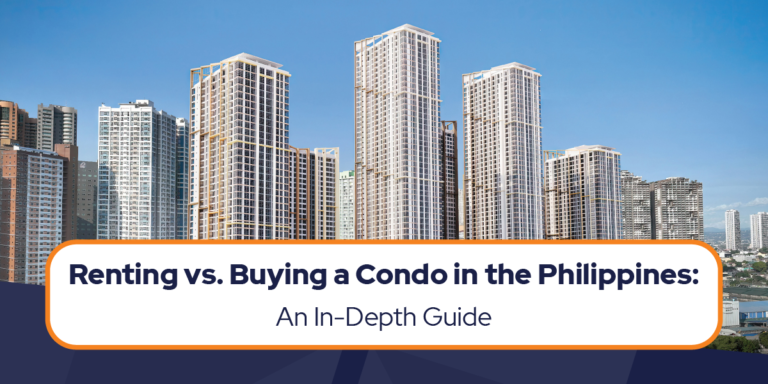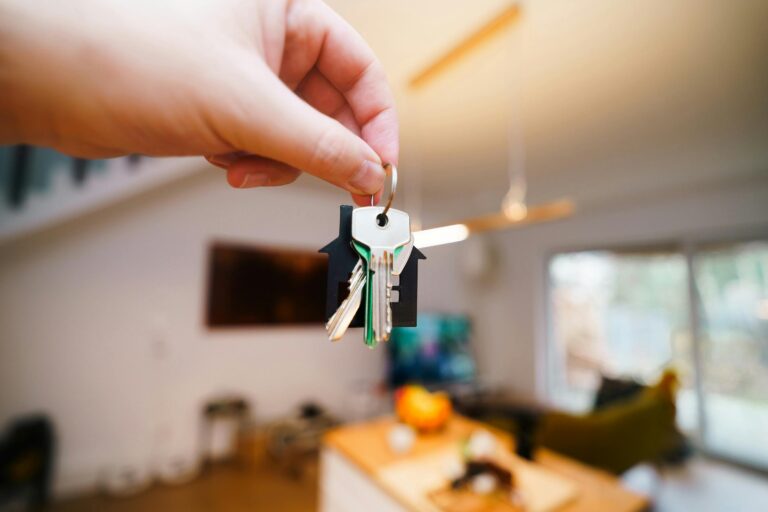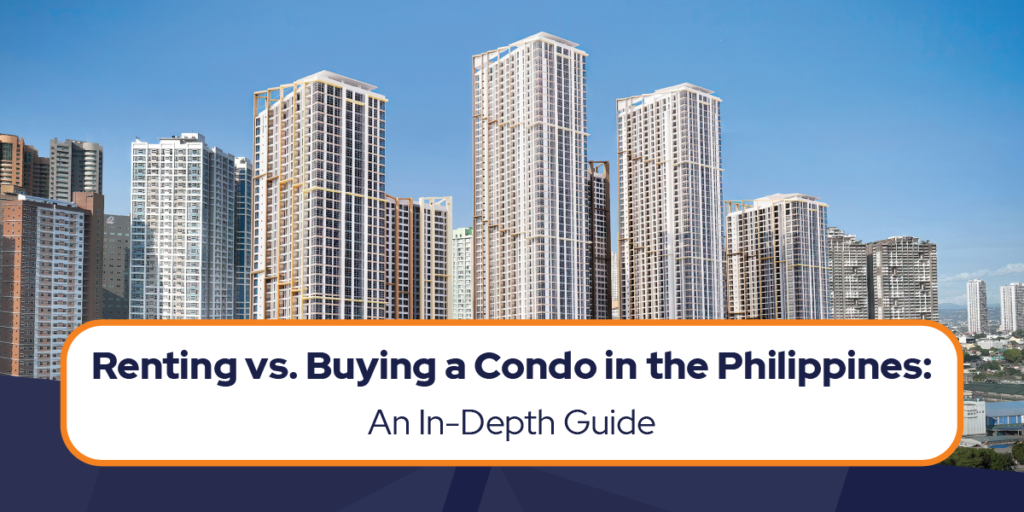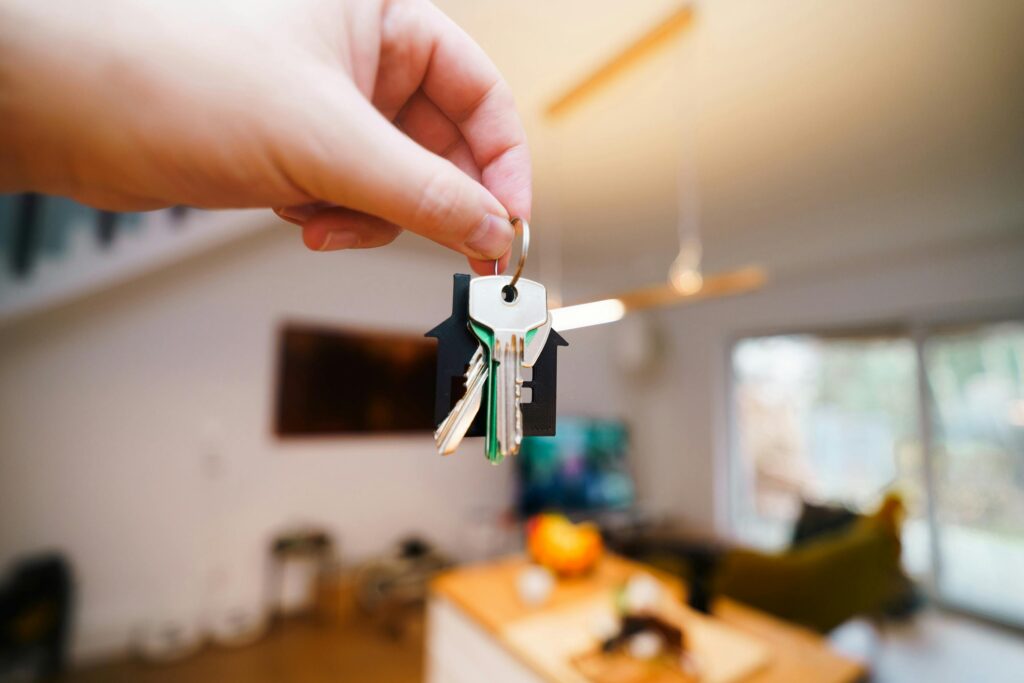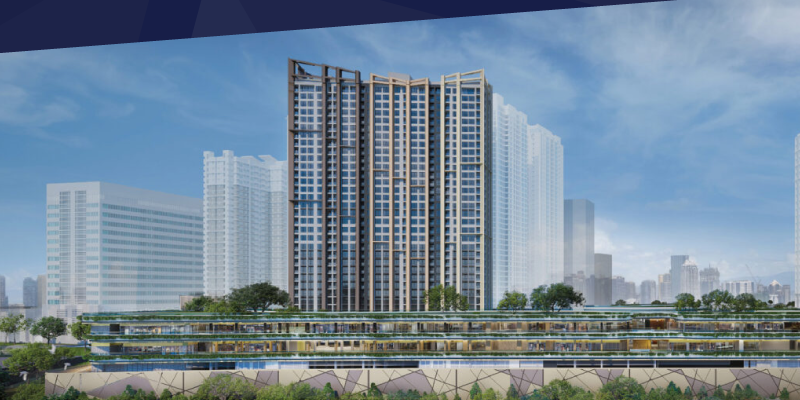For many Filipinos, owning a home is a powerful dream, whether it’s building a space for family, securing a long-term investment, or finding a peaceful retreat for retirement. Yet this dream is often clouded by anxiety and uncertainty.
This article aims to confront those fears by breaking down common myths and replacing them with clear, factual insights. Our goal is simple: to equip you with the knowledge you need to navigate the property market with confidence and make informed decisions on your path to homeownership, whatever your goals may be.
How to Buy a House in the Philippines: 5 Myths Debunked
Buying a home can feel overwhelming, especially with persistent myths based on outdated or secondhand information. These misconceptions often create fear and hesitation, holding you back from your homeownership goals.
Let’s clear the air by debunking common myths and giving you facts to move forward with confidence.
Myth 1: You need a 20% down payment to get started
The truth: Lower down payment options and flexible terms are now widely available from government programs, developers, and other financing institutions.
If you’ve been putting off buying a home because you think you need a 20% down payment, you’re not alone. While that used to be standard, today’s real estate market offers more flexible and accessible terms.
You can find various options across the market. For instance, the Pag-IBIG Fund, a government-backed program, provides housing loans with minimal down payment requirements and longer repayment terms, making it easier for more Filipinos to get started. Private institutions, like Metrobank, also offer competitive loan terms that can cover a large portion of the property’s value to help reduce upfront costs.
Some developers even run no-down-payment promos, letting you move forward with extended payment terms while preparing to settle in.
Myth 2: All debt is bad debt
The truth: A mortgage is “good debt” because it builds equity in an appreciating asset.
Debt often carries a negative connotation and is linked to stress and financial burden. But not all debt is bad, especially when it comes to owning a home.
A mortgage is widely considered good debt because it helps you invest in a property that typically increases in value over time. Real estate in the Philippines, especially in growth areas like Cavite and Laguna, tends to appreciate over time. With each payment, you build equity, bringing you closer to financial stability and long-term goals.
What’s more, today’s financial options are more manageable than you might think. Many banks and developers also offer affordable loan terms and in-house financing. Fixed monthly payments make budgeting easier, giving you the confidence to plan.
Myth 3: Renting is cheaper than buying
Truth: While renting may seem more affordable upfront, buying a home is the smarter long-term move for building wealth.
Renting offers flexibility and lower initial costs, but over time, it doesn’t build equity or contribute to your financial future. In Metro Manila, the average gross rental yield is only around 5.19%—a modest return that highlights the limited financial upside of renting.
In contrast, homeownership allows you to build wealth through property appreciation and equity accumulation. Instead of simply paying for a place to stay, each mortgage payment goes toward owning an asset that increases in value over time.
If you’re not ready to make a full leap, rent-to-own options offer a more accessible path to ownership, letting you live in the property while gradually working toward full ownership. It’s a practical way to turn monthly housing costs into long-term financial gain.
Myth 4: Buying a house is only for families
Truth: You don’t need a partner or kids to start your homeownership journey; more young professionals are making real estate part of their early plans.
Today’s Filipinos are shifting their priorities, and stability is high on the list. In fact, homeownership among younger generations has increased by 20% in the past six years, showing a clear trend: more young adults are investing in their future now.
Buying a home early lays the foundation for long-term financial growth. With property values steadily appreciating, you’re securing a roof over your head and building an asset that can generate passive income later on.
If you’re in your career-building years, now’s a great time to take that leap. A home is a move toward stability, independence, and opportunity, no matter your life stage.
Myth 5: The process is complex and stressful
Truth: Buying a home in the Philippines is more straightforward than you might think.
The process typically begins by choosing a preferred location and developer. From there, you’ll prepare basic requirements like valid IDs, proof of income, and a reservation fee. Many developers assist with these initial steps, helping simplify the process from day one.
Next comes financing. Most banks offer online loan calculators and pre-approval tools to help you determine your budget early on, giving you a clearer picture of your payment terms and avoiding unexpected costs.
Once your loan is approved, the bank and developer coordinate the fund disbursement, title transfer, and registration, including working with the Registry of Deeds and managing taxes and paperwork.
A trusted developer will assign a sales officer to guide you through each stage. For added peace of mind, you can also consult licensed real estate brokers or attend property expos to get expert advice and explore your options.
While buying a home may seem overwhelming at first, the proper support can make it an achievable, step-by-step journey.
Turn Homeownership Fears into Confidence
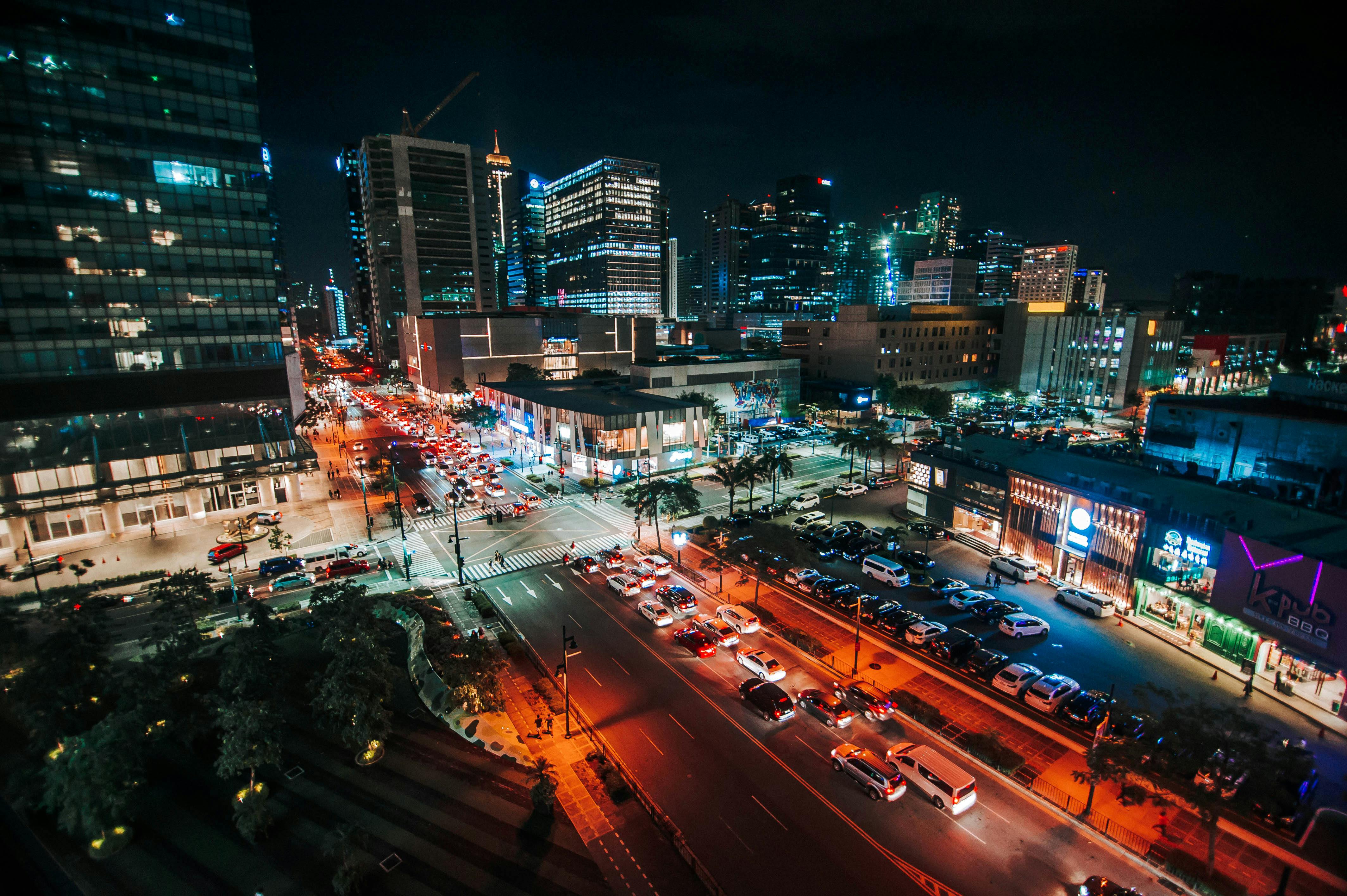
The dream of owning property in the Philippines is well within reach; outdated fears and misinformation should not stand in the way. With accurate information and a clear understanding of today’s market conditions and financing options, achieving home ownership is a realistic goal for many.
Navigating this process is made easier when you partner with a trusted developer who understands the challenges you face and offers clear pathways to ownership. Federal Land NRE Global Inc. is a reputable real estate developer in the Philippines, dedicated to helping buyers like you achieve their homeownership dreams.
Whether you’re starting to explore condo living or thinking long-term about owning a lot, we offer a range of properties for sale in the Philippines, designed to meet the needs of modern buyers. Our dedicated team is here to guide you through every step of the buying process.
If homeownership is on your mind, now is the right time to explore your options. Contact us today to learn more about how we can help turn your plans into a place to call your own.


